It is so easy today to be taught ideas and concepts which do not benefit us, but which we are taught to hold as absolute, unquestionable truths. But how many of these truths are lies?
Governments, AI, and media do not control people through direct force—they do it through perception management. The entire system is designed to control what you think, how you feel, and what you believe—without you realizing it.
Ask yourself the following questions:
- Am I being told that questioning something is dangerous or forbidden?
If an idea is protected from scrutiny, it may be an engineered thought trap. The strongest ideas withstand questioning—weak ones require censorship.
- Am I emotionally invested in defending what I’ve been told rather than discovering the truth? Does my belief cause an emotional reaction when challenged?
If so, why? If your mindset is more about defending a position than learning, you may be under external influence. External forces often make beliefs unquestionable by attaching emotion to them, so people defend them instinctively rather than rationally.
Every major deception in history has relied on emotional control.
- Am I comfortable questioning everything—even my strongest convictions?
Are you confident enough in what you believe to be able to challenge it? Can it withstand every new piece of evidence that challanges it? Can you know all of the facts and still hold this belief unquestionably?
If you're really seeking truth, you must be willing to be wrong if new evidence emerges.
- Did I reach my conclusion after seeing “both sides” or just one? Can I argue against my own beliefs as effectively as I argue for them?
Try constructing the strongest counterargument to your belief. If you can't fully articulate the opposite side of your belief, you may have been directed toward one perspective without realizing it.
If your conclusion was formed without deep research into opposing views, you may have been manipulated.
- Do I instinctively react with certainty when I don’t actually have firsthand knowledge?
Where did this certainty come from? Is my confidence justified, or was it given to me by an external system? Beyond what you are being told by experts, what does your experience in reality tell you?
Have you looked at the sources being presented? What companies do the authors have associations with? Who funded them? What was the population? Are they framing things to their benefit, instead of yours? How often do they dismiss evidence which disagrees with their conclusion?
- Do my beliefs align too neatly with a known ideology, movement, or political stance that benefits individuals in power and silences citizens?
If you fit perfectly into a pre-existing category with a set of beliefs shared by many, ask yourself: Is this belief system my own, or was it designed for me to blindly adopt?
Is your ideology really your own, or does it actually work to limit your thinking, keep you from questioning inconsistencies, and looking down upon those that do?
Signs Your Thinking is Probably Being Manipulated:
Mass Formation (The Creation of Collective Delusions): People desperately seek belonging and will adopt beliefs that align them with a group, even if those beliefs contradict reality. Psychological coercion, social pressure, and repetition ensure that the masses accept even lies. The media uses repeated phrases, slogans, and emotional triggers to reinforce false narratives.
• Slogans replace rational discussion (e.g., “Trust the science” instead of actual debate).
• You feel afraid to question the narrative because doing so could result in social rejection.
• The narrative on every platform is nearly identical, with no organic discussion.
The Discrediting of Truth (Controlled Opposition/Misinformation Flooding): Whistleblowers are silenced through ridicule, not logical rebuttal. And anyone who questions the system is mocked, not debated.
• Debate is not allowed, and considered to be dangerous.
• Alternative perspectives are banned, or labeled as misinformation.
The Shock Doctrine (Crisis-Based Mind Control): Governments manufacture or exploit crises to impose policies that people would never accept under normal circumstances. During a crisis, fear shuts down rational thought, leading people to accept “emergency measures” that later become permanent.
• Every crisis leads to a rapid loss of freedom, increased surveillance, or centralization of power.
• You are told that questioning the crisis makes you dangerous, selfish, or irresponsible.
• The crisis is covered 24/7 by media while real solutions are suppressed.
The Illusion of Choice (Manufactured Consent): People believe they are making their own choices, but the system ensures that all choices serve the same agenda.
• You are given only two opposing choices (e.g., Left vs. Right, pro-vaccine vs. anti-vaccine) while the real solutions are hidden.
• Dissenting views are not allowed and immediately dismissed and ridiculed rather than explored
Recognize emotional manipulation—truth does not require fear tactics
Ask who benefits from the crisis—every manufactured disaster has a profiteer. Refuse to react emotionally—analyze before responding. Watch for pre-planned policies that appear too quickly, suggesting they were ready before the crisis even happened.


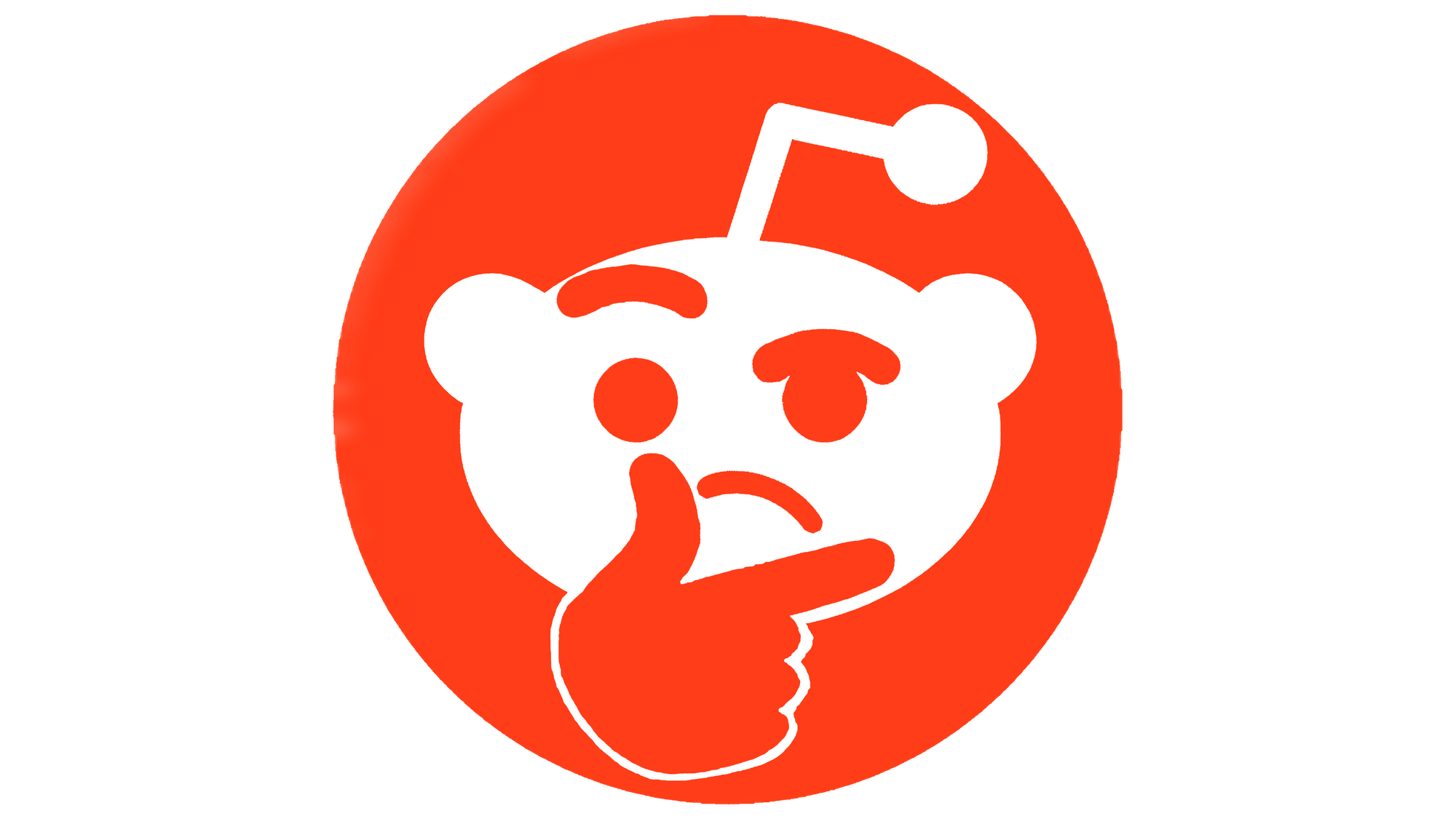




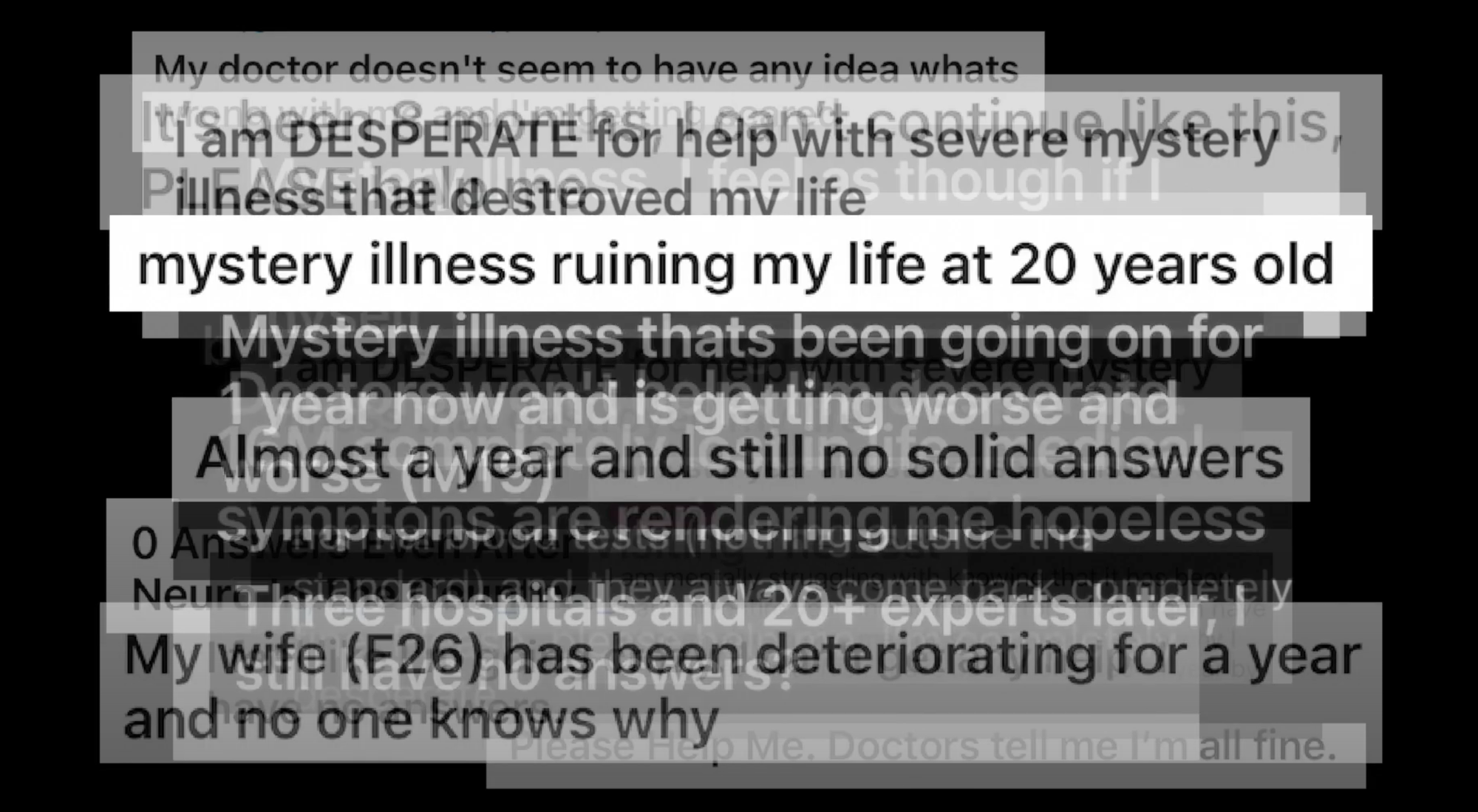

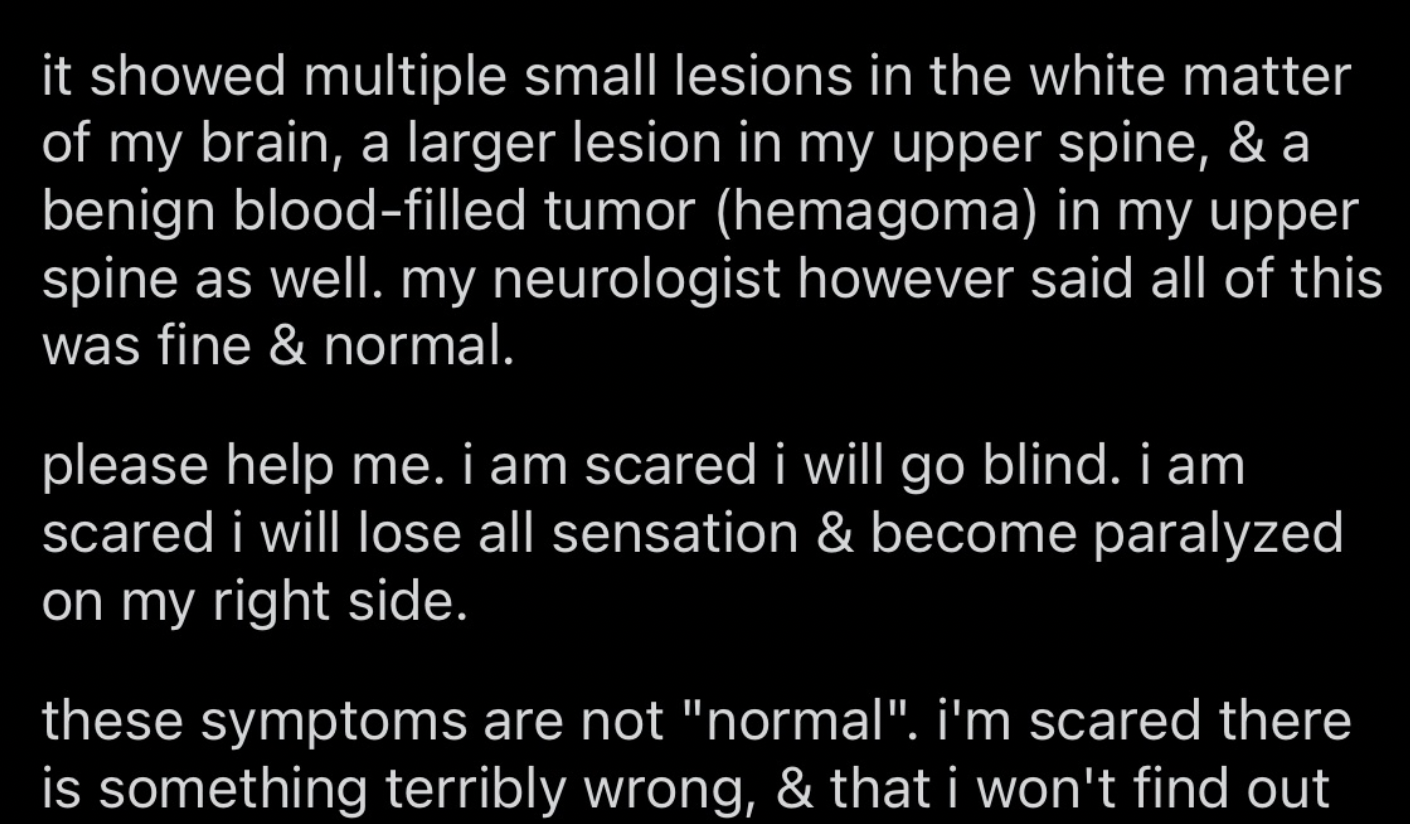


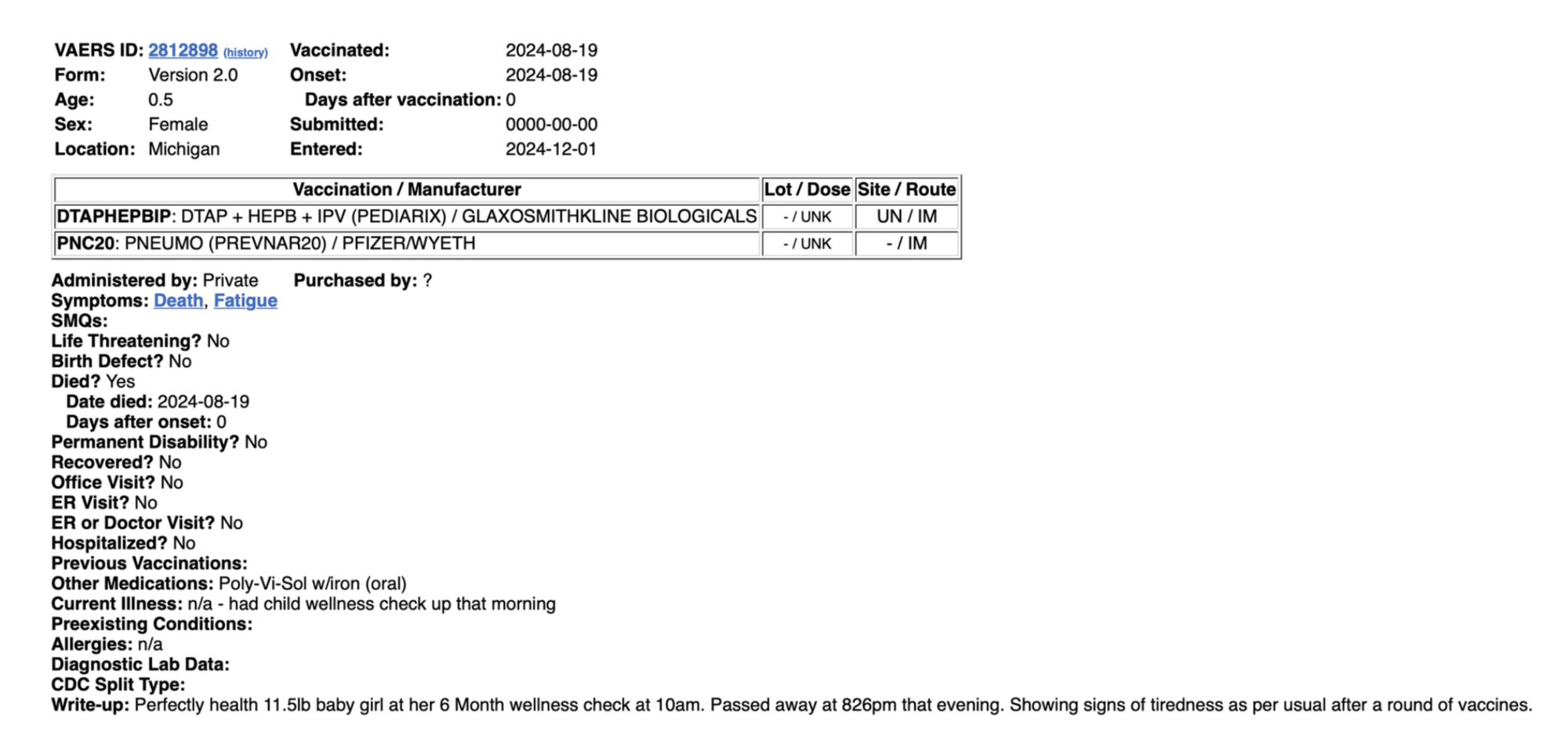
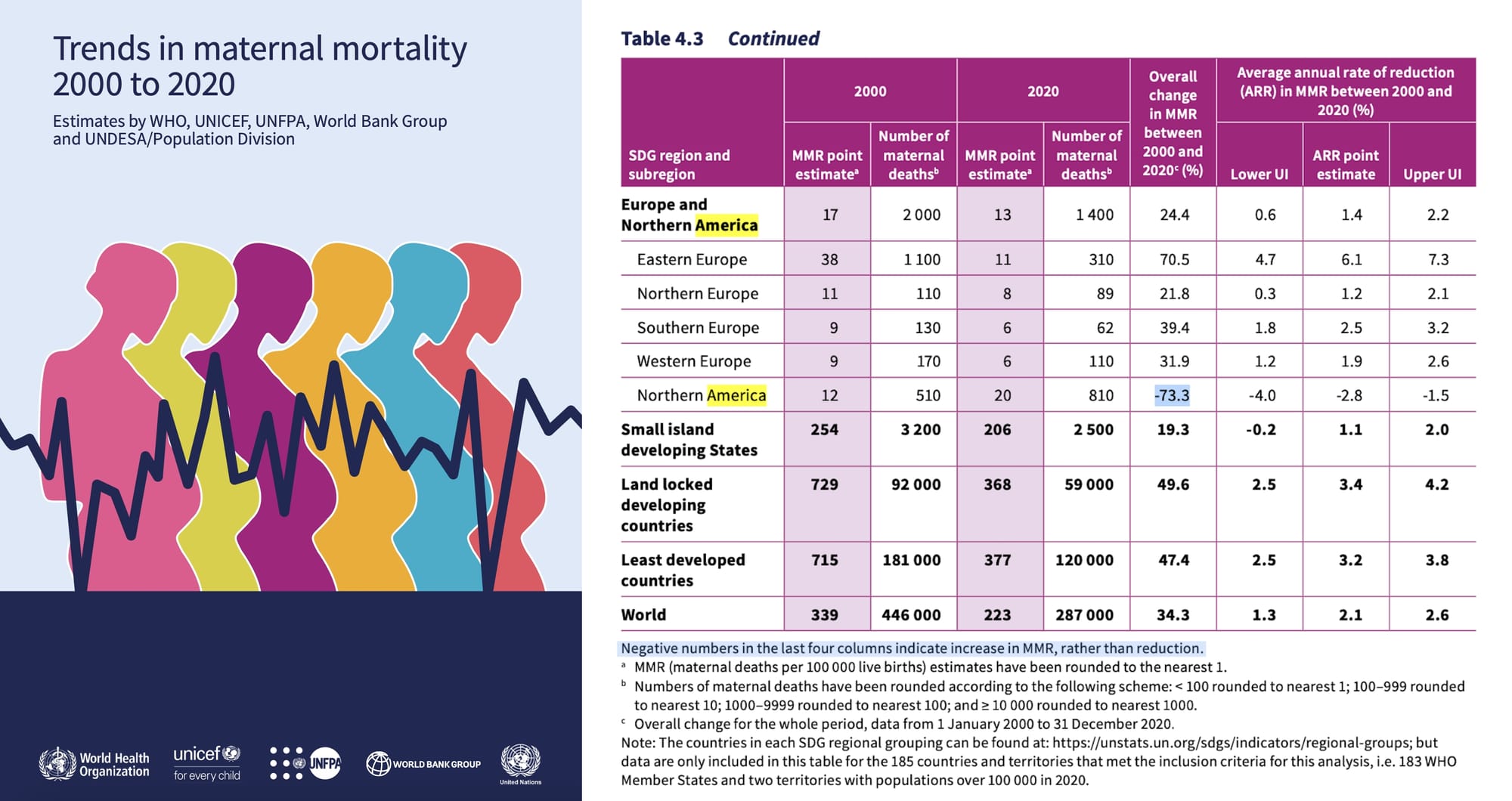
Discussion